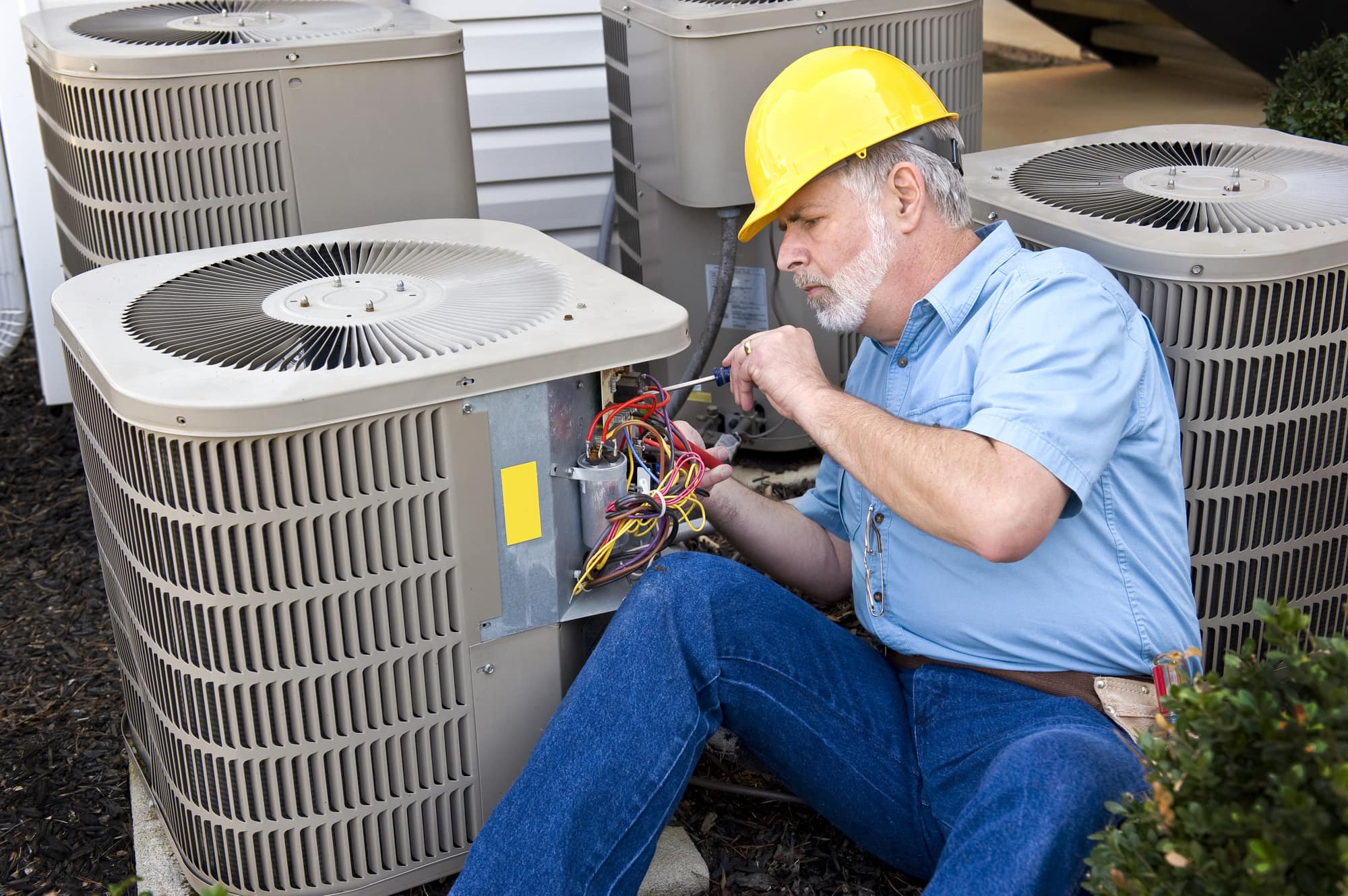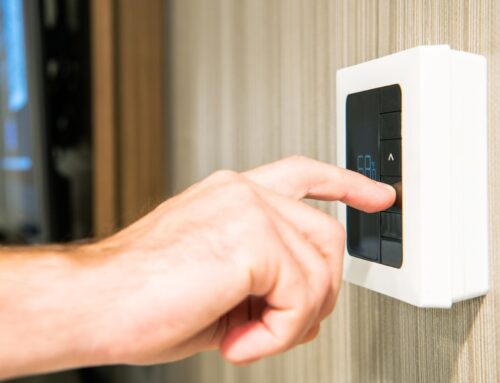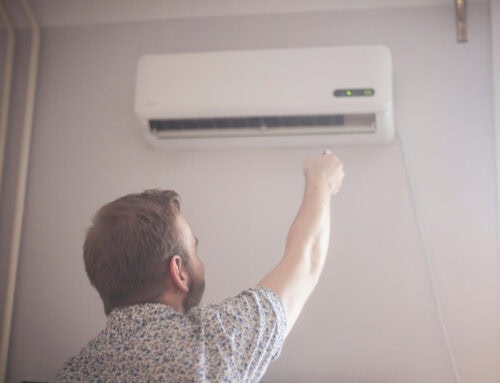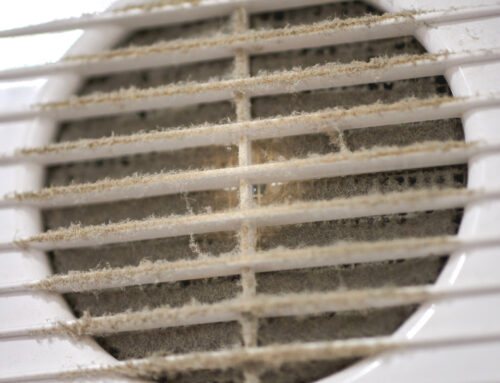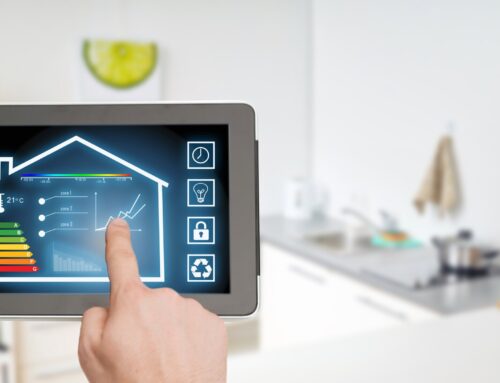Did you know that six percent of US electricity usage is for cooling homes and businesses?
Both homes and businesses use HVAC systems, but as you might suspect, these systems have a number of differences.
The same system that cools your home isn’t going to be suitable for an entire office space.
Read on as we look at some of the differences between commercial and residential HVAC systems.
1. Size
Unsurprisingly, an HVAC system that needs to heat or cool an entire business is larger than one that is only working to heat or cool a single home.
The larger the property, the larger the HVAC system is likely to be. Businesses may also have to cope with varying demand so need to be able to have the appropriate capacity; for example, a store can have a large number of people in it at any given time.
The larger size also means that these systems will typically have higher operating power.
2. Location
Because a commercial HVAC system is usually much larger than a residential system, its location is usually different too.
Most residential HVAC systems live outside the home on the ground floor. This obviously isn’t practical for most businesses; you can’t have a large HVAC system right outside your premises.
That’s why commercial HVAC systems tend to be found on the roof. Not only does this give plenty of space to cope with their larger size, but it also keeps them out of harm’s way, meaning they’re less likely to suffer from vandalism or other damage.
3. Complexity
Your home HVAC system has to deal with heating or cooling a few rooms at most.
A commercial system may have to deal with a large number of different spaces each of which might require a different temperature or have diverse operating times. Since the demands on the system are more complex, so are the systems themselves.
Whereas you might be able to tinker with your HVAC system to make minor repairs, the more complex commercial HVAC systems will usually require a trained professional.
4. Modular
A residential HVAC system is usually designed for a specific size of home and not intended to be extended at any point.
Businesses on the other hand may need to expand their systems over time. That’s why commercial HVAC systems are often modular, meaning that they can be added to as needed. The opposite is also true; sections can be removed if they are no longer required.
5. Maintenance Costs
As you might expect, the more complex and large systems used in commercial settings have higher maintenance costs.
Since almost all work needs to be carried out by professionals, the costs involved are higher. However, with a good HVAC system in place, and regular maintenance, these costs shouldn’t be too high.
Are You Looking for Commercial or Residential HVAC Systems?
Whether you’re looking for commercial or residential HVAC systems, we’re here to help.
We are a full-service HVAC company for commercial and residential heating and air conditioning needs. We will deal with every HVAC task from installation to regular service and emergency maintenance. Whatever your heating and cooling needs, we’re here to handle them with quick service and a friendly face.
Contact us today to find out how we can help you.

